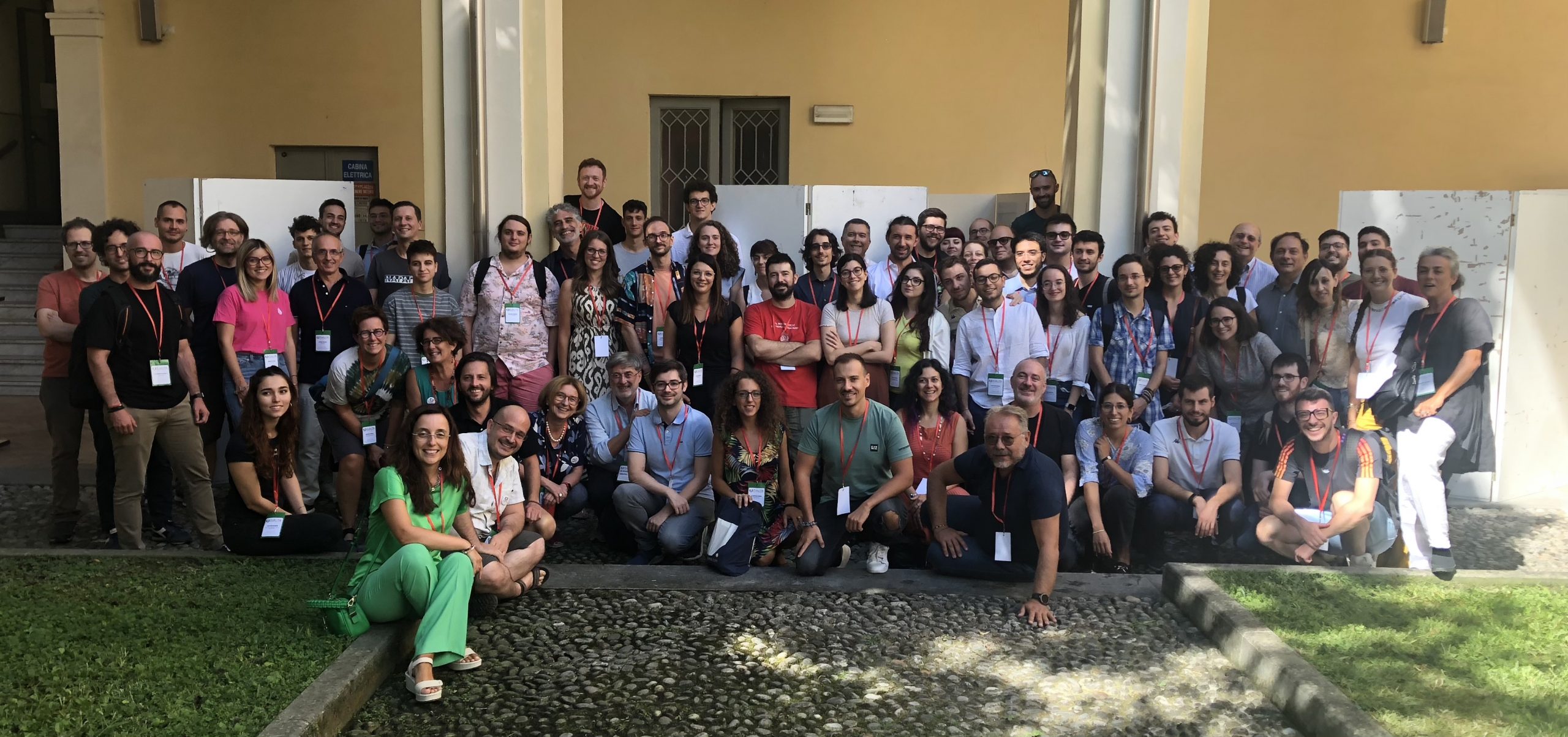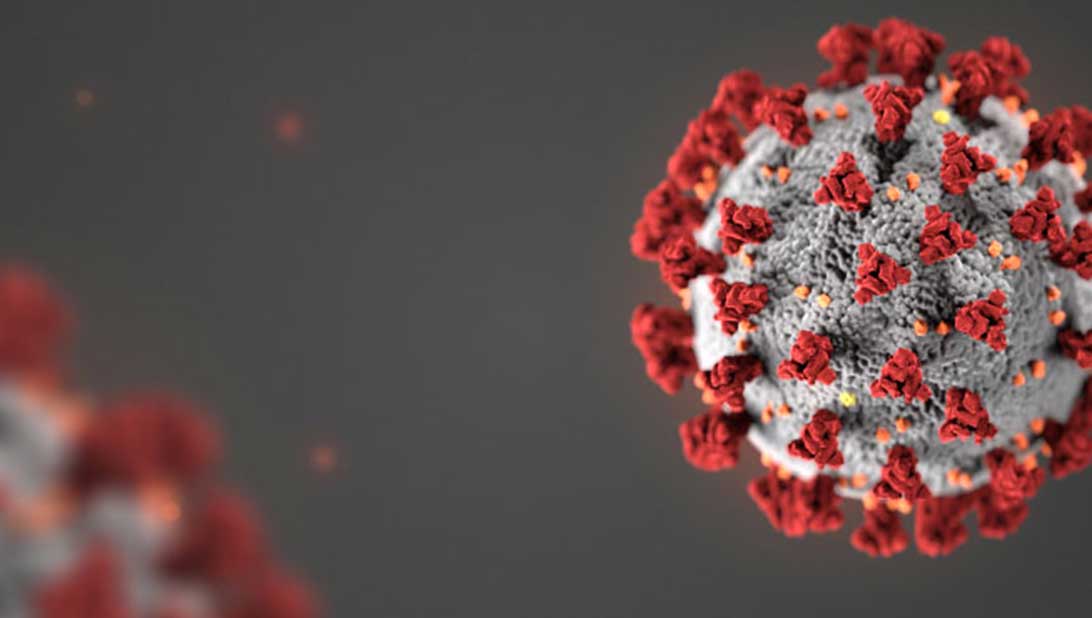Also this year, in connection with its annual conference (CLiC-it), AILC assigned a prize for the best master thesis in computational linguistics defended at an Italian University.
The committee was composed by a member of the AILC board (Cristina Bosco), a chair of CLiC-it 2017 (Malvina Nissim), and a chair of CLiC-it 2018 (Elena Cabrio). Theses defended between August 1st 2017 and July 31st 2018 were eligible for the 2018 edition.
Five theses were submitted, with the following geographical distribution: Trento (1), Turin (1), Bologna (1), Rome (1), Milan (1). Gender was quite balanced, with two theses written by female students and three by male students.
The evaluation was performed by the three committee members individually in a first stage, after having agreed on a set of specific criteria which had to do both with content (including originality and timeliness of the topic), as well as writing (including clarity, style, and the structure of the thesis). At a second stage, the committee jointly discussed each thesis in details during several Skype meetings, and came up with a short list of two theses, which all deserved the prize. The choice of a final winner was not at all easy, and the reason why eventually we selected the one we selected is its being the closest to the core of our discipline. The first AILC prize for the best master thesis in computational linguistics was thus awarded to:
Enrica Troiano “A Computational Study of Linguistic Exaggerations” (supervised by Carlo Strapparava)
The thesis proposes a system that is able to decide whether a text is hyperbolic (i.e. it contains exaggerated sentences). It contributes to the state of the art in Computational Linguistics with the introduction of HYPO, a resource which contains more than 700 exaggerations of current use in English; a classifier is then trained to recognize overstatements and probes the consistency of theoretical studies on this matter. Research questions and challenges addressed by the master thesis are listed and clearly contextualized and motivated. The jury member have really appreciated the originality of the proposed topic, and the candidate effort in providing a complete framework for addressing the task of hyperbolic sentences detection with a dataset, a complete experimental setting and evaluation.
A special mention was assigned to the Master Thesis of Oronzo Antonelli “Studio e implementazione di un sistema ensemble per il parsing dell’italiano” (supervised by Fabio Tamburini) for the solid experimental setting in which 8 existing parsers for Italian are reimplemented and tested on social media data, providing a very interesting and valuable comparaison of the state of the art on parsing Italian.
As part of the prize, Enrica received a monetary sum from AILC, free membership to the association for one year, and free attendance to CLiC-it 2019. At the conference the whole community got the chance to listen to Enrica’s presentation of her thesis.
We are already looking forward to next edition!
Elena Cabrio, Cristina Bosco, and Malvina Nissim


